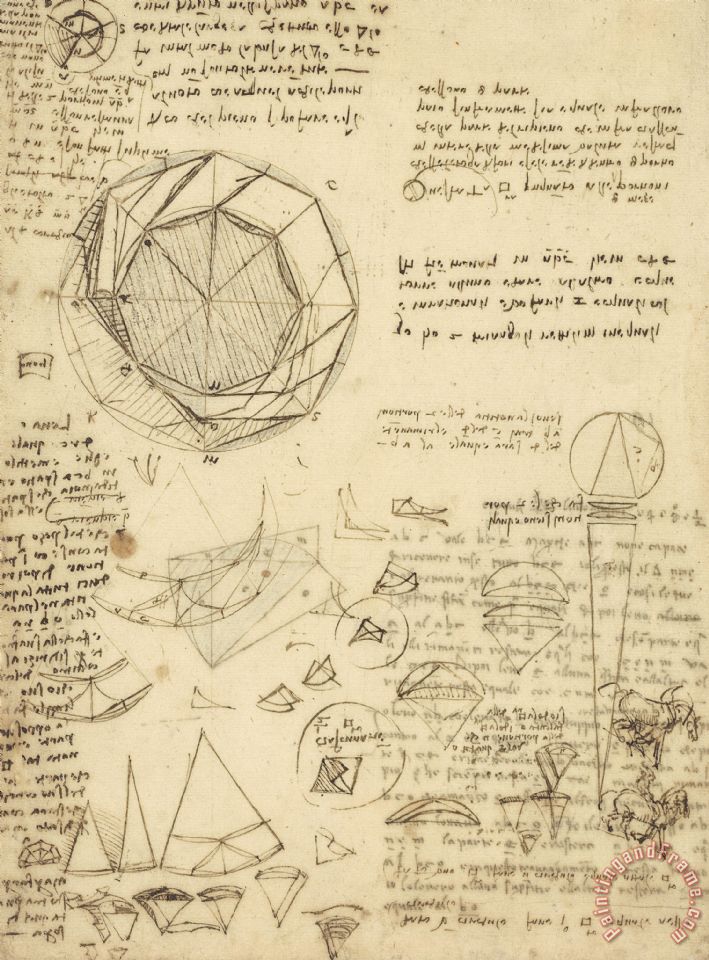
As a college professor, I have had a distinctly different experience of higher education than I did as a student. As an undergraduate, I remember studying the works of Michaelangelo and Leonardo da Vinci, Francis Bacon and Christine de Pizane, Julian of Norwich and Thomas Browne, W.E.B. DuBois and Zora Neale Hurston. And we studied these great thinkers as scientists and artists, engineers and moralists, mystics and photographers, political activists and anthropologists—even as I completed a degree in English Literature. I graduated in 1995, and in years since, institutions of higher learning have become increasingly siloed into distinct schools or colleges—even as we invest more time and energy into the language of interdisciplinarity. Lehigh’s Humanities Lab is our attempt to recapture the interdisciplinarity at the very heart of the university—an interdisciplinarity that has always been quite central to the goals of higher learning. The Humanities Lab is an opportunity to reintegrate ways of knowing and thinking that have been severed and separated. Our classes allow students and faculty to think, imagine, and solve problems together by drawing on cross-disciplinary perspectives that have been forgotten or not yet established. Our research initiatives emerge from disciplinary convergences and invite scholars—faculty and students alike—to create knowledge anew. Ultimately, Lehigh’s Humanities Lab invites us to rethink static ways of knowing, to refashion our current disciplinary structure, and reimagine how we might remake the world.
Professor Michael Kramp
Associate professor of English and Director of Film and Documentary Studies
